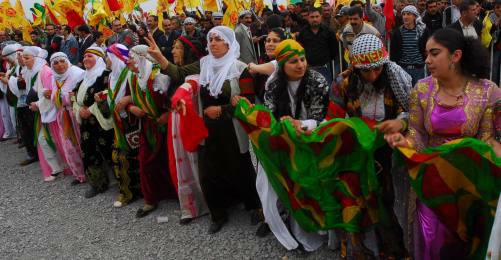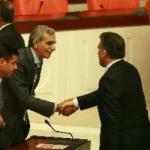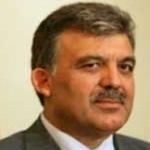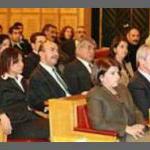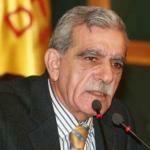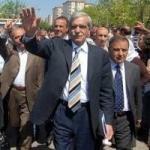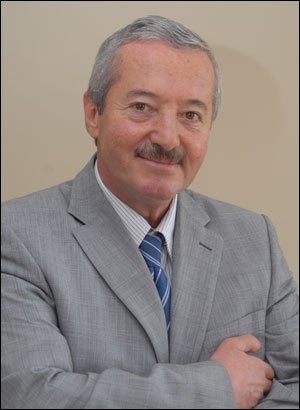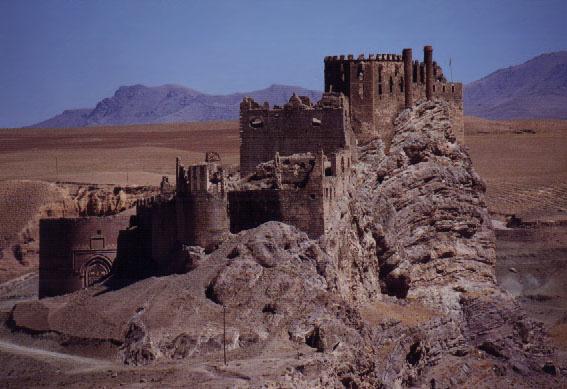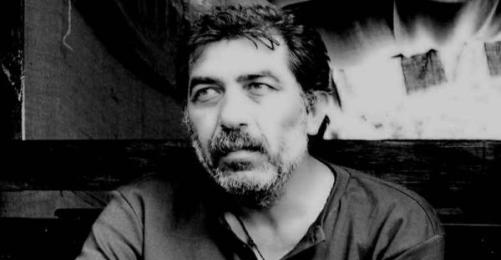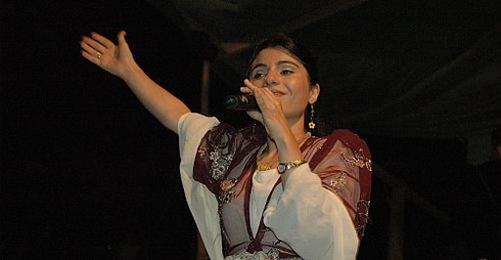"The announcement by the highest-ranking statesperson that the Kurdish question is an important issue and that positive developments are expected was positive. As people from Diyarbakır we are considering this statement with hope.”
Diyarbakır is one of the largest cities in the Kurdish-majority region of the southeast of Turkey.
Diyarbakır Bar Association lawyer Meral Danış Beştaş talked to bianet about the comments by President Abdullah Gül on the Kurdish question. She said that the government now had to take this statement into consideration and work more intensely in that direction.
Gül: "Turkey's priority"
Speaking at the EU Eastern Corridor- New Silkroad summit in Prague, Gül had said, “Call it terrorism, call it the Southeastern or the Kurdish question, this is Turkey’s most pressing issue. It definitely needs to be solve. It is Turkey’s priority.”
Danış Beştaş said that people in the region had been doubtful about the government’s attitude after operations against the pro-Kurdish Democratic Society Party (DTP), the continuing detention of Kurdish children and strong interventions at even the smallest protests.
“However,” she added, “despite all the doubts and insecurity, Kurds living in and around Diyarbakır believe that the Kurdish question can be solved democratically.”
“As everyone says, the Kurdish question is Turkey’s most basic problem, and without solving it, the obstacles to Turkey’s democratisation will not be lifted.”
She also pointed out that Gül’s statement was in line with articles by Hürriyet’s editorial writer Ertuğrul Özkök and Milliyet’s writer Hasan Cemal.
Beştaş considers all of these steps well-intentioned.
Government cannot further ignore people's will
She reiterated that the people in the region had sent a message by supporting the DTP in the local elections of 29 March and that democratic countries had to respect the people’s will.
According to the lawyer, certain urgent steps had to be taken.
“Constitutional change is being discussed. A new constitution would have to lift any obstacles to Kurds expressing their identity. In addition, it is vital not to ignore further the democratic public desire for freedom of expression and association.”
Despite the fact that the President, the Prime Minister, and many other politicians had made similar statements before which were later not followed up with concrete steps, Danış Beştaş believes that the atmosphere in Diyarbakır is positive.
However, she also acknowledged that people were still suspicious of the government.
“All in all,” she said, “there is serious hope and a desire for a solution, because people cannot stand the situation any longer.” (BÇ/AG)





